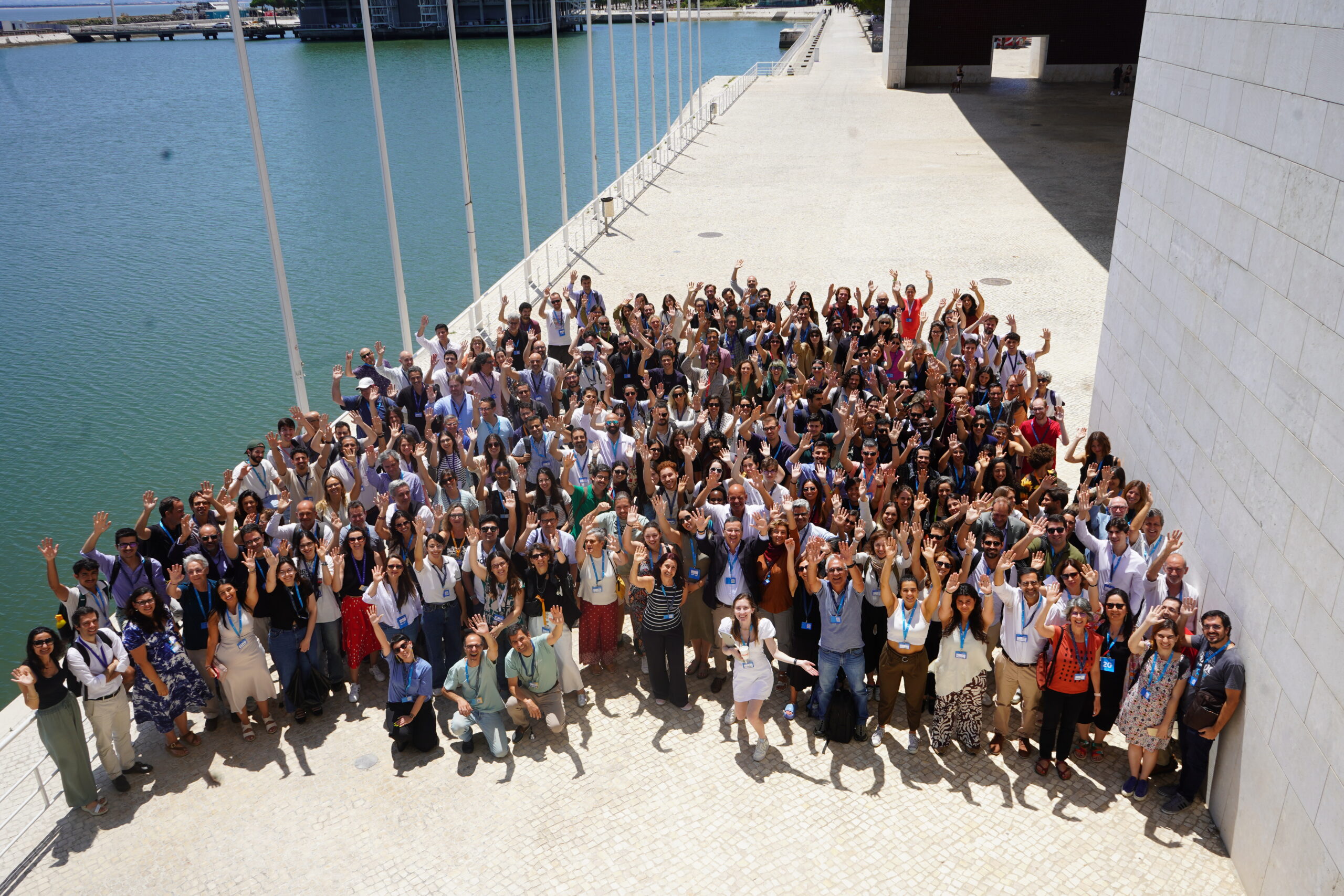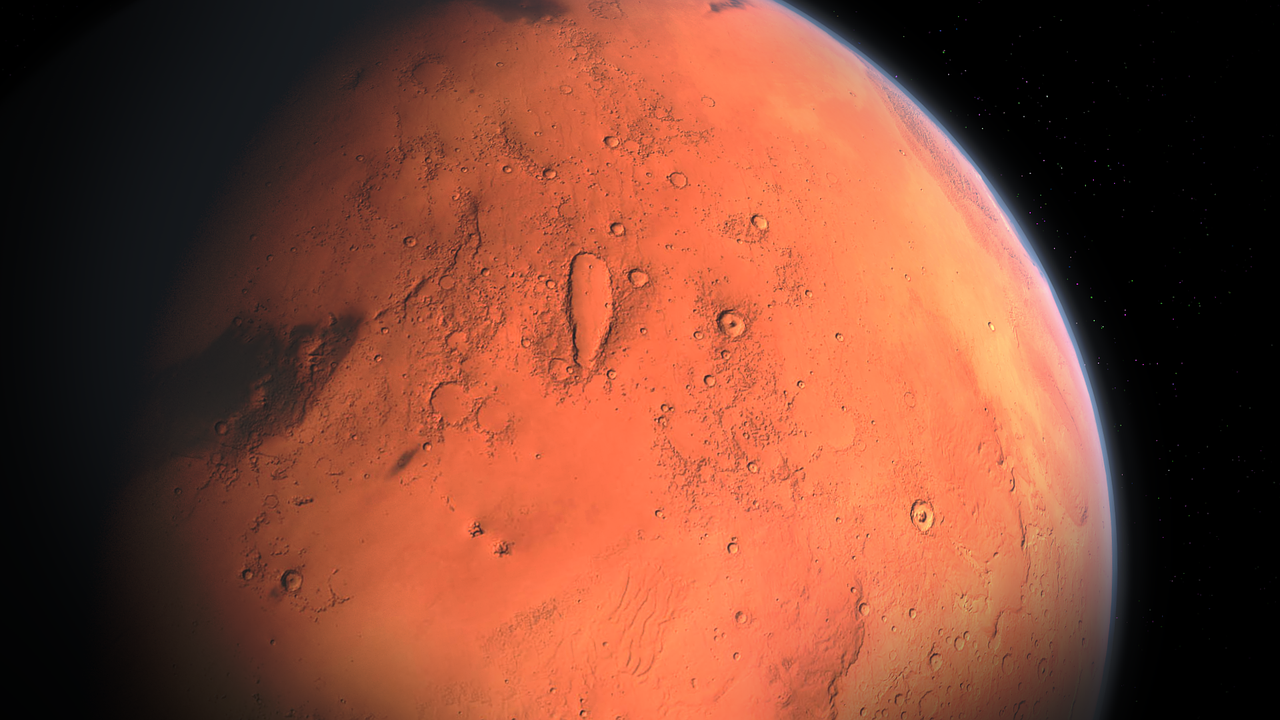
LARSyS Annual Meeting 2025
On July 14 and 15, 2025, the LARSyS community came together once again for its Annual Meeting, this time at the Pavilhão de Portugal.
More than 200 researchers and doctoral students from the four LARSyS research units – ISR-Lisboa, IN+, ITI and MARETEC – joined to share research highlights, pitch their thesis work, and generally strengthen interdisciplinary collaboration.

